Orphan Drugs Clinical Research
Clinical trials funding for orphan products have been shown to be a viable technique of fostering and promoting the development of novel, safe, and effective medical products for rare diseases and conditions. Orphan drug clinical development is both challenging and exciting. There is no single aspect that is truly unique to it; rather, it encompasses the majority of the challenges: design, outcomes, recruiting, ethics, cost, probability, and predictability. To solve these challenges, academic institutions, small and major pharmaceutical firms, patient representatives, and health authorities must work together to give assistance and creative ideas. The ultimate goal is to provide medications with a good benefit-risk ratio to individuals with unmet medical needs. FDA is focusing their efforts with a new funding opportunity to facilitate and move new therapies along in drug development in a safe and efficient manner by encouraging innovative clinical trial methods such as adaptive and seamless trial designs, modelling and simulations, and basket and umbrella trials to address the remaining unmet need and lack of treatments for the majority of rare diseases. These techniques are critical for effective trials and data analysis, which can help speed up drug development.
- Regulatory Considerations
- Methodology of Clinical Trials
- Ethics
- Post Approval Clinical Studies
- Costs and Financial Support
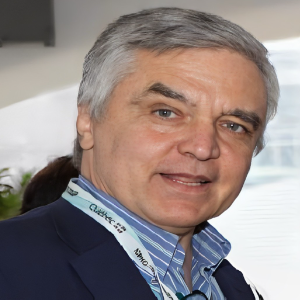
Sergey Suchkov
The Russian University of Medicine & Russian Academy of Natural Sciences, Russian Federation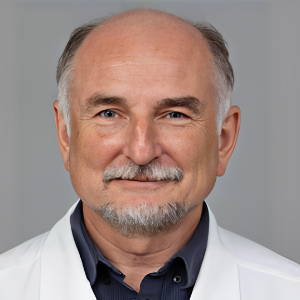
Vladlen Slepak
University of Miami, United States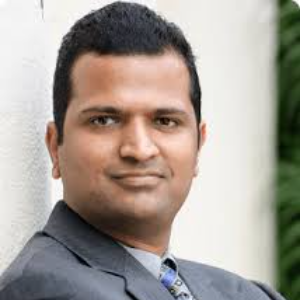
Harsha Rajasimha
Jeeva Clinical Trials, Inc, United States
Vladlen Slepak
University of Miami, United States
Harsha Rajasimha
Jeeva Clinical Trials, Inc, United States
Sergey Suchkov
The Russian University of Medicine & Russian Academy of Natural Sciences, Russian Federation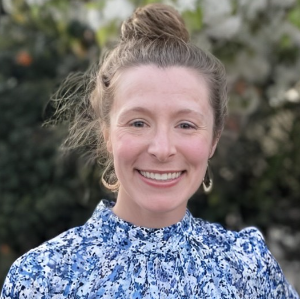
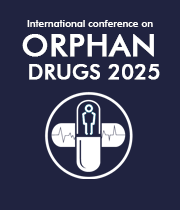

Title : Emerging solutions for inclusive orphan drug clinical trials management
Harsha Rajasimha, Jeeva Clinical Trials, Inc, United States
Title : Ectopically expressed olfactory receptors as an untapped family of drug targets. Discovery of agonists and antagonists of OR51E1, an understudied G protein-coupled receptor
Vladlen Slepak, University of Miami, United States
Title : Personalized and Precision Medicine (PPM) as a unique healthcare model to secure the human healthcare and biosafety among childhood
Sergey Suchkov, The Russian University of Medicine & Russian Academy of Natural Sciences, Russian Federation
Title : Orphan and rare disease emerging as a global public health priority through the view of personalized and precision medicine: How to use the latter to revolutionize pediatric services
Sergey Suchkov, The Russian University of Medicine & Russian Academy of Natural Sciences, Russian Federation
Title : Personalized and Precision Medicine (PPM) though the view of reproductive healthcare, pediatric services and natural family planning: an option for clinicians and caregivers realize the potential of genomics-informed care to secure the individualized human biosafety
Sergey Suchkov, The Russian University of Medicine & Russian Academy of Natural Sciences, Russian Federation
Title : Democratizing ASO drug discovery at La Jolla Labs
Melissa Keenan, La Jolla Labs, United States